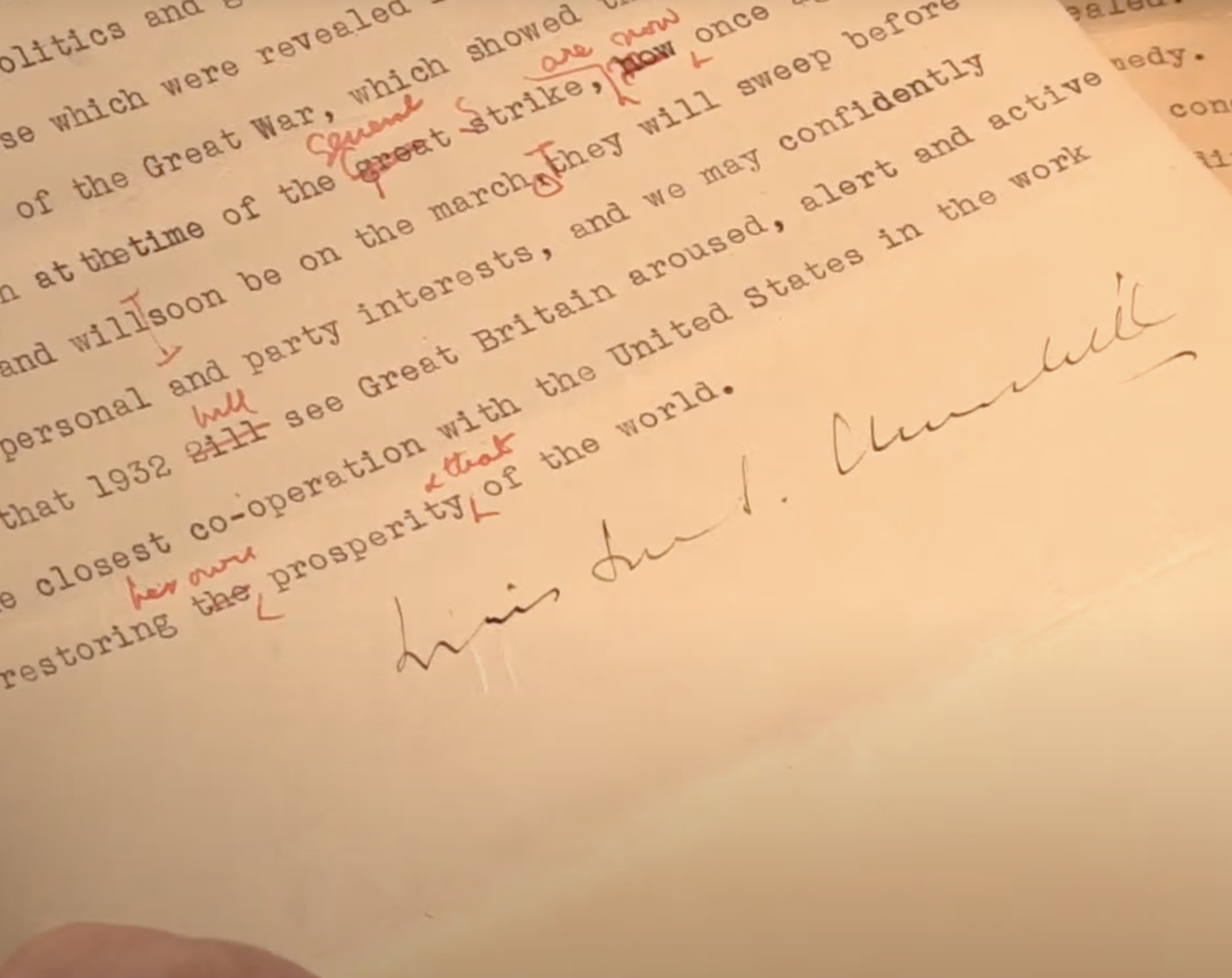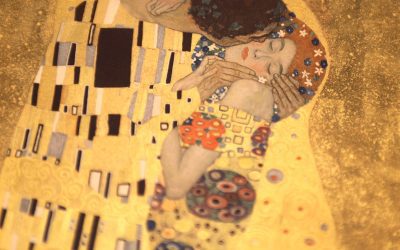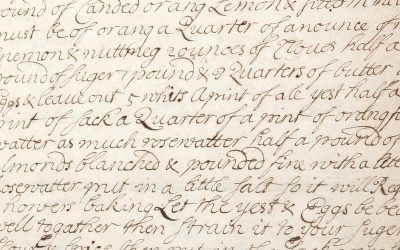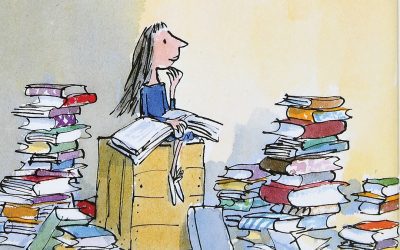Winston S. Churchill, Eight Page Transcript. Eight-page corrected draft carbon typescript, signed, on the British financial crisis. September 1931.
You can view our first edition of Eight Page Transcript here.
Presented by Adam Douglas, Senior Specialist in Literature at Peter Harrington Rare Books.
8 pages, quarto. With extensive autograph corrections in red ink, punch-hole through top left-hand corner, mild creases from old folds, overall very good.
An apparently unpublished article in which Churchill tries to bolster confidence in the British economy at the nadir of the Great Depression, written shortly before his departure for America on the lecture tour arranged “to regain some of the money he had lost in the New York stock market crash” (Gilbert, V, p. 420), and presaging the major themes of those lectures: “confidence in Britain’s future … the need for closer Anglo-American cooperation”.
Churchill argues that, although Britain’s position has been conflated with the insolvency of “so many countries of Europe and South America”, this is misleading. Britain’s struggle is not to preserve national solvency, but “to preserve the position of City of London as the traditional money market of the modern world. Next to her Navy and Mercantile Marine, next to her Indian Empire and tropical possessions, the City of London and its activities are the greatest asset, glory and bread-winner that Great Britain possesses … Great Britain is in fact resolutely endeavouring to hold an invaluable financial position, unique in the world, and far in advance of all ordinary solvency.”
In this the nation has been hampered by the incumbency of “a so-called Socialist Government devoid alike of public confidence and a parliamentary majority”, which has led to the domination of British life by a “pessimism and unrelenting self-criticism” that has caused foreign observers to assume that the country “was in the permanent grip of the Socialists”.
However, the British nation has now woken up to the fact that the Labour Party’s “slip-shod, easy, happy-go-lucky method of handling its affairs … has got to be replaced forthwith by a far more tense and clearly focussed system of politics and government … we may confidently expect that 1932 will see Great Britain aroused, alert, and active in the closest co-operation with the United States in the work of restoring her own prosperity and that of the world.”
The Churchill Archive holds another copy of this piece (CHAR 2/178/29–36) corrected by Sir Henry Strakosch. Strakosch was an Austrian-born financier and philanthropist, an expert on currency, and chairman of the Economist, who was introduced to Churchill by Brendan Bracken and was to be to be one of Churchill’s keys sources for information on the German economy and rearmament. Strakosch also bailed out Churchill early in 1938 when his account with his American stockbrokers Vickers da Costa was in debt to the sum of £18,000, Strakosch agreeing to “carry this position for three years … With these assurances Churchill no longer needed to sell Chartwell, although The Times actually announced that it was for sale” (Gilbert, V, p. 920).





